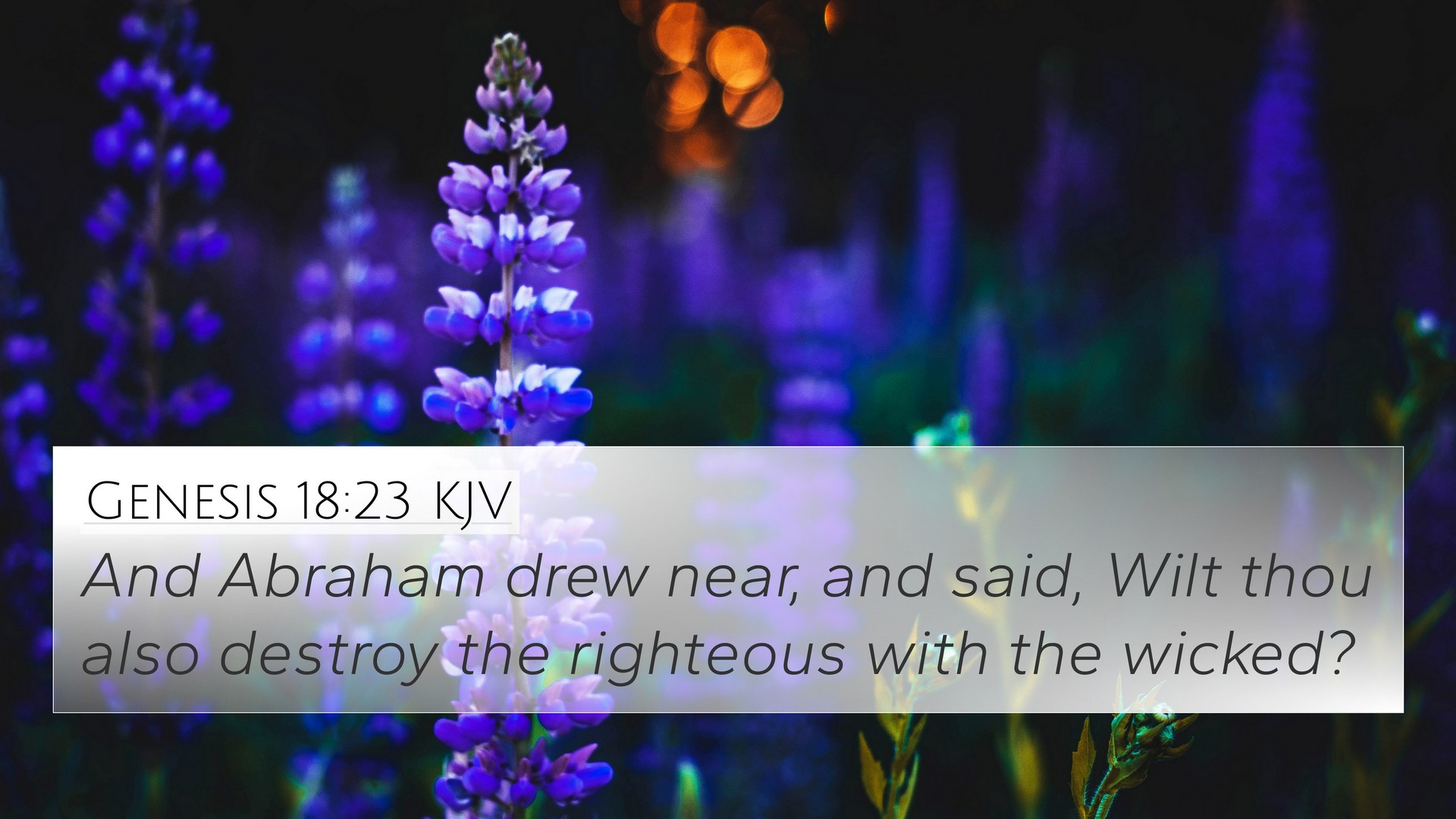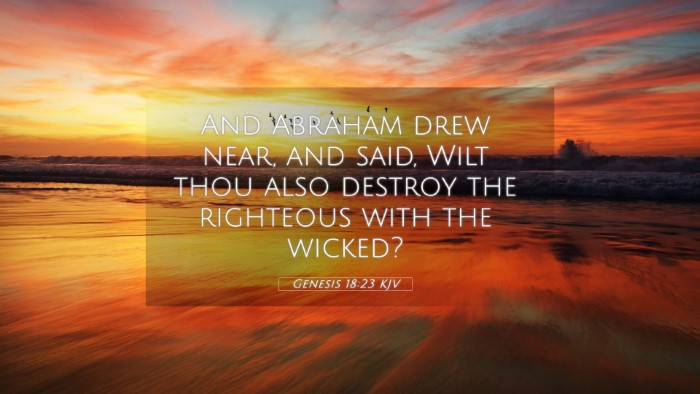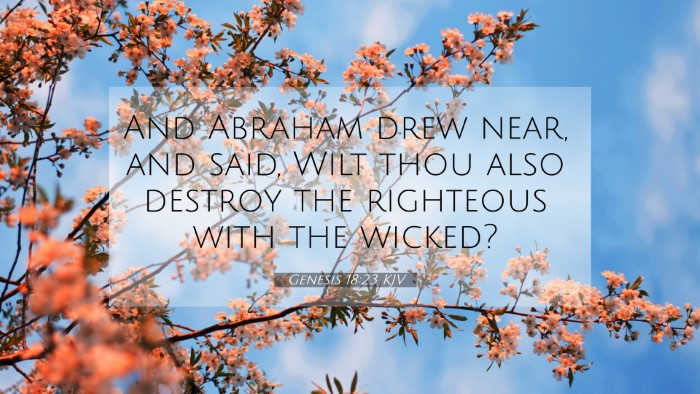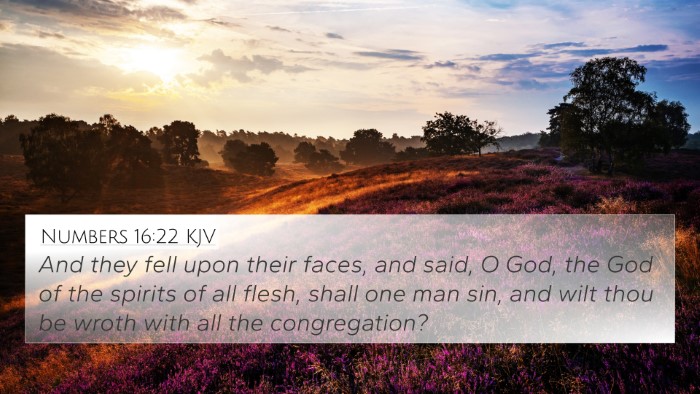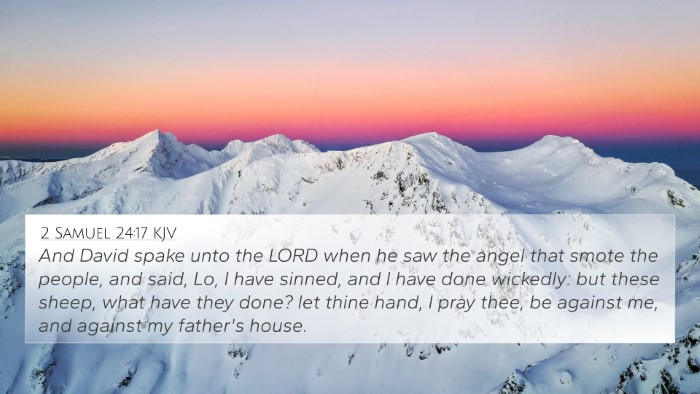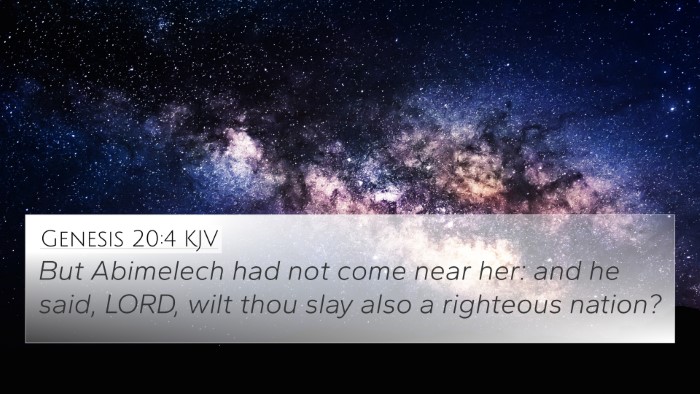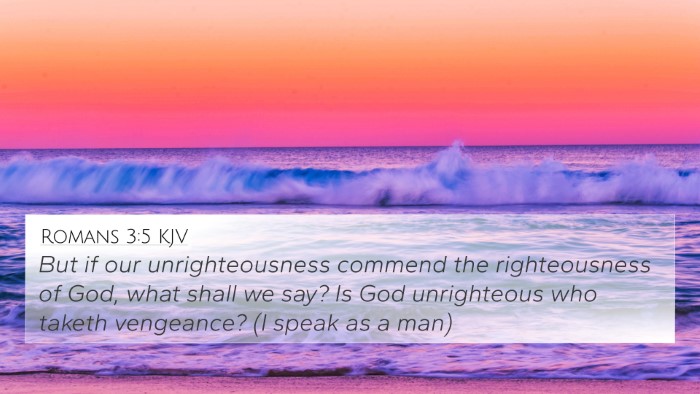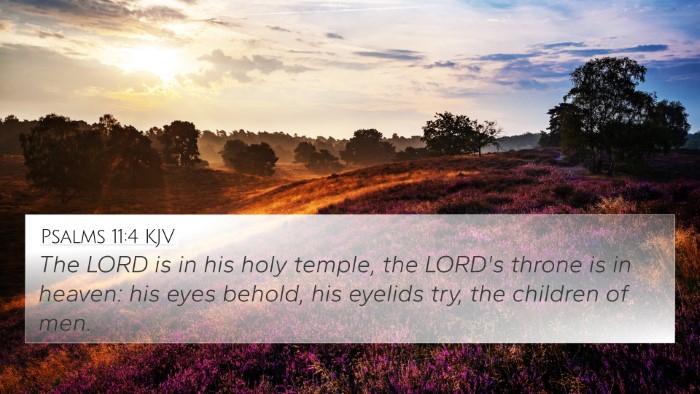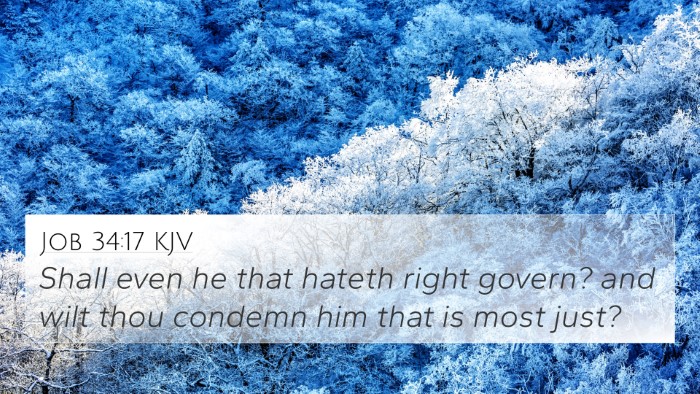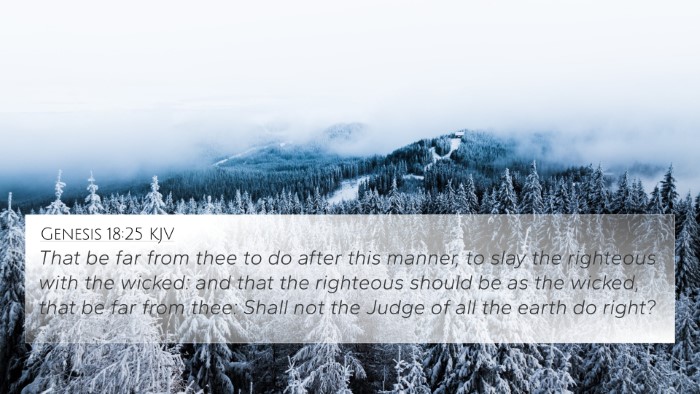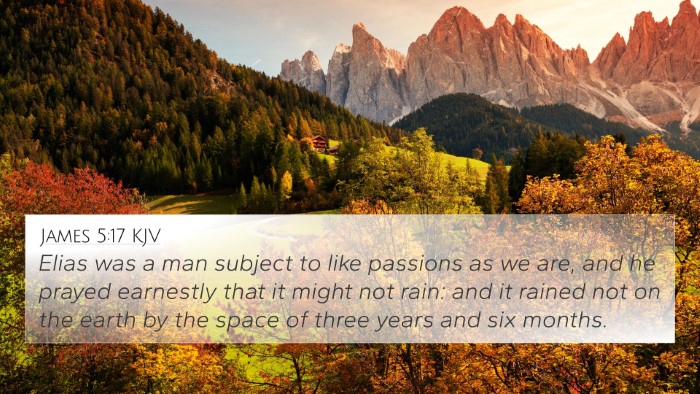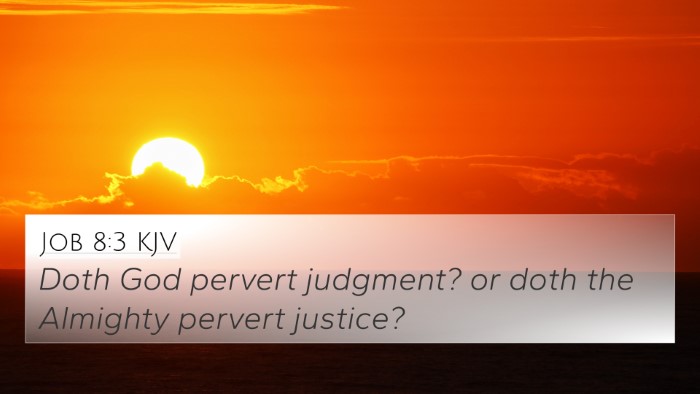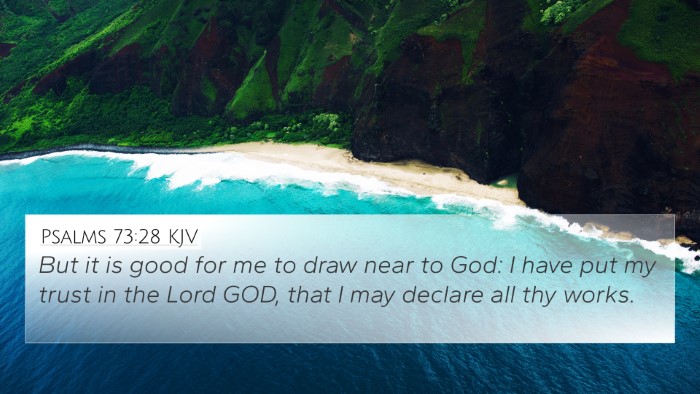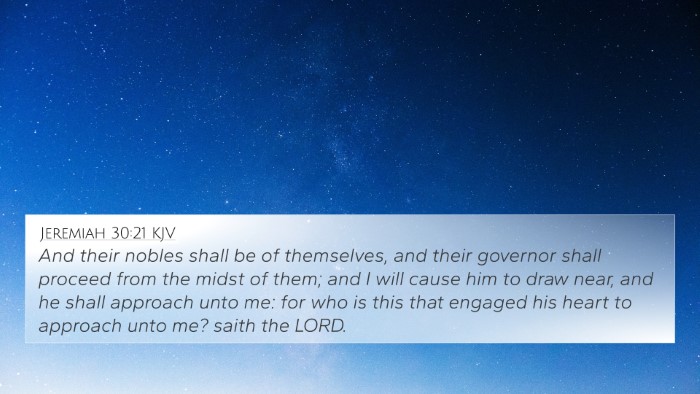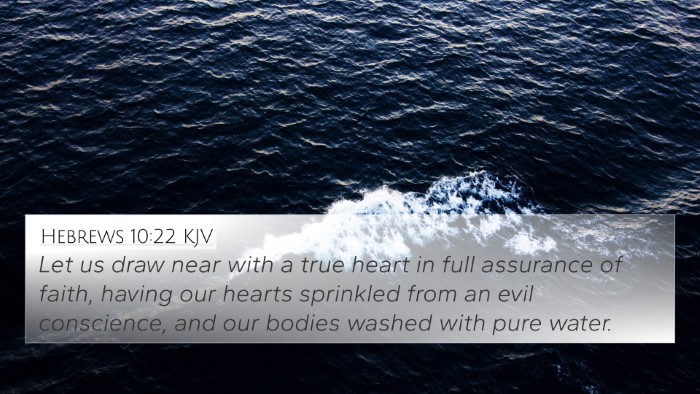Understanding Genesis 18:23
Genesis 18:23 states: "And Abraham drew near, and said, Wilt thou also destroy the righteous with the wicked?" This verse highlights a crucial moment where Abraham intercedes on behalf of the righteous people in Sodom. The implications of this passage extend beyond Abraham’s immediate concern, shedding light on themes like justice, mercy, and the nature of God’s judgment.
Meaning and Significance
In examining Genesis 18:23, we can draw on insights gathered from several public domain commentaries. The following interpretations merge the reflections of Matthew Henry, Albert Barnes, and Adam Clarke, illuminating the core components of this significant scripture.
Abraham's Boldness
Abraham's approach to God demonstrates a profound boldness in his dialogue with the Divine. Matthew Henry emphasizes that Abraham's direct questioning reflects a deep faith and understanding of God's character, suggesting that he believed God to be just and fair. This notion of God’s justice is pivotal, as it frames Abraham's plea.
Understanding Justice and Mercy
Albert Barnes highlights the essential connection between justice and mercy in this passage. Abraham’s inquiry raises the moral dilemma: Can a just God destroy the innocent along with the guilty? This theme resonates throughout the Bible, prompting readers to consider the intricate balance between divine justice and mercy.
The Role of Intercession
Adam Clarke adds that Abraham’s plea emphasizes the importance of intercession. It illustrates the role of a righteous person standing in the gap for others, invoking God’s mercy on behalf of those who may be undeserving. This concept of intercession is encapsulated in the broader biblical narrative, showcasing a repeated motif of advocacy before God.
Key Themes
- Intercession: The act of standing up for others in prayer.
- Divine Justice: The nature of God as a righteous judge.
- Divine Mercy: The capacity of God to pardon and discern at His discretion.
- Human Responsibility: Acknowledgment of the moral standing of individuals.
Cross References
Genesis 18:23 is intricately connected with other biblical passages. Here are some key cross-references that illuminate the themes present in this verse:
- Genesis 18:25: Abraham further questions God's justice, establishing the foundation for negotiation with God regarding Sodom's fate.
- Psalm 7:11: "God judgeth the righteous, and God is angry with the wicked every day." This verse echoes the attributes of God's judgment and justice.
- Jeremiah 5:1: "Run ye to and fro through the streets of Jerusalem, and see now, and know, and seek in the broad places thereof, if ye can find a man, if there be any that executeth judgment." This passage reinforces the search for righteousness among the people.
- Romans 3:5-6: Paul addresses God’s righteousness in light of human unrighteousness, inviting reflection on the nature of divine justice.
- Ezekiel 18:30: Calls for repentance, emphasizing that God desires the salvation of the righteous and the wicked alike.
- Luke 18:1-8: The parable of the persistent widow exemplifies the necessity of persistent prayer and intercession.
- 1 Timothy 2:1-2: Encourages prayers for all people, illustrating the mantle of intercession for leaders and the society at large.
Thematic Connections
Genesis 18:23 connects with various themes across the scriptures based on the reliance on God's goodness and willingness to relent in judgment. This inter-Biblical dialogue enriches the understanding of God's character and intentions.
Tools for Further Study
For those interested in deeper exploration, there are numerous tools for Bible cross-referencing available. Utilizing a Bible concordance or a cross-reference Bible study guide can help in identifying connections between scripture, enhancing comprehension of biblical themes.
Cross-Referencing Linda
The themes in Genesis 18:23 can also be linked back to principles found in the New Testament as foreshadowings of Christ’s intercessory work. Understanding these themes is vital for cohesive scriptural interpretation.
Conclusion
In conclusion, Genesis 18:23 provides profound insights into the righteousness of God and the importance of intercession. It asks the reader to consider the implications of justice and mercy, urging believers towards a deeper understanding of their relationship with God and responsibility to one another.
